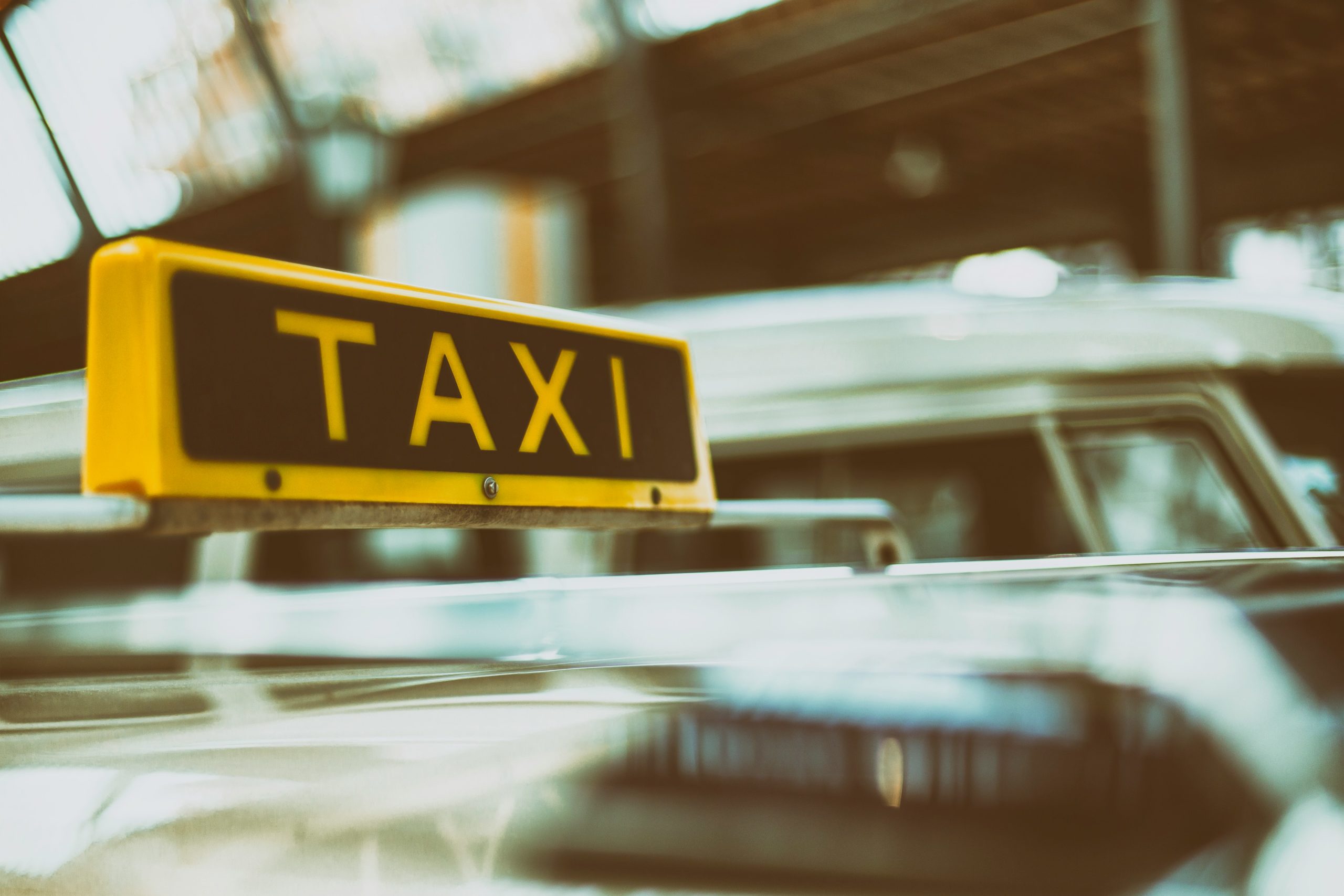A dispute over fares between ride-hailing companies and their driver-partners in Kenya has escalated. Gig drivers, whose fares are set by ride-hailing companies, are imposing their own prices and refusing service to passengers who are unwilling to pay the imposed rates.
“We, as Nairobi online drivers, wish to notify the public that due to the high cost of living, we will not be able to operate under the current rates of Uber, Faras, and Bolt,” read a sign on the headrest of a driver’s seat.
The sign outlines new fares drivers say are fair if they’re to stay in business. They hope this action will prompt ride-hailing companies to review prices, starting with increasing the minimum fare from $1.40 (KES180) to $2.33 (KES300).
“When the minimum fare is KES300, our calculation is a litre of fuel plus an additional $0.78 (KES100) for the driver, airtime, and maintenance. For trips over KES300, which covers more than 3km, it would only be fair for a driver to multiply the app’s fare by 1.5,” said Dennis Nyariki, deputy chairman of the Organisation of Online Drivers Kenya (OOD).
Drivers have set airport and railway station pickup and drop-off fares between $7.75 (KES1,000) and $38.76 (KES5,000), making them more expensive than a train ticket from Nairobi to Mombasa, and nearly half the price of a flight to the coastal city.
Nyariki said that an analysis by AA Kenya, a mobility solutions company, found that if maintenance costs are included, the apps should charge at least $0.26 (KES33) per kilometre.
The drivers are pushing for fare hikes to increase their earnings, driven in part by a rise in the cost of living. However, ride-hailing apps are keen to retain price-sensitive customers by maintaining affordable fares.
Job cuts and pay rise freezes in both the public and private sectors, coupled with high inflation, have forced businesses and households to cut discretionary spending, likely reducing the number of rides taken for leisure activities like visiting friends or family.
The apps are under increasing pressure as customers report harassment and, in some cases, assault when they refuse to pay the unofficial rates. The companies have agreed to meet with drivers’ associations to address their grievances.
“We understand and empathise with the concerns raised by drivers. However, we are aware that some have taken independent actions to increase prices, leading to inconsistent charges for customers. We wish to discourage drivers from increasing fares off the app until this industry matter is resolved,” Bolt said in an emailed statement to TechCabal.
Bolt added that they are working on a solution that will balance the “economic needs” of their drivers with affordability and quality service for customers. Industry players are expected to meet with drivers’ unions for negotiations mediated by the Ministry of Transport and the National Transport and Safety Authority (NTSA).
“Requesting additional payment over and above what is displayed on the app violates our Community Guidelines. Should this be found to have taken place, actions may range from the driver’s account being put on hold to potentially being denied further access to the app,” Uber told TechCabal.
Previous meetings of this nature have yielded little result, making drivers’ strikes an annual occurrence. While pricing remains a top agenda item in the negotiations, the drivers also seek a role in determining and reviewing trip fares.
Should the meeting fail to resolve the dispute, the unions say they will continue charging their rates. It feels like a cruel twist that ride-hailing apps, once willing to do anything to woo drivers, may consider kicking them out.




















